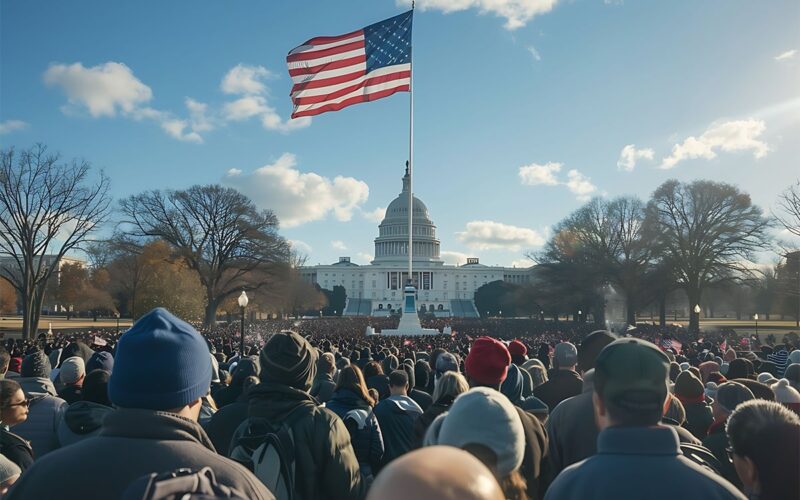As the next election cycle approaches, political parties across the United States are engaged in fierce battles over proposed changes to voting laws. While some lawmakers argue that new regulations are necessary to protect election integrity, others warn that such measures could suppress voter participation and disproportionately impact certain communities. The debate has sparked intense controversy, with both sides accusing each other of undermining democracy.
The Push for Stricter Voting Laws
Republican-led legislatures in several states have introduced laws aimed at tightening voting requirements. Proposals include stricter voter ID laws, limitations on mail-in voting, and reductions in early voting periods. Supporters argue that these measures are essential to prevent voter fraud, ensure secure elections, and restore public confidence in the electoral process.
Opponents, however, contend that instances of widespread voter fraud are rare and that these laws create unnecessary barriers, particularly for minority, elderly, and low-income voters. Civil rights groups have filed legal challenges, claiming that such measures violate federal voting rights protections.
Expanding Access to the Ballot
On the other hand, Democratic lawmakers and voting rights advocates are pushing for policies aimed at expanding voter access. Proposed legislation includes automatic voter registration, expanded early voting options, and the restoration of voting rights for formerly incarcerated individuals. Proponents argue that these changes would make it easier for all eligible citizens to participate in elections and strengthen democratic representation.
However, critics of these policies claim they could increase the risk of voter fraud and create logistical challenges for election officials. Some states have already faced legal challenges over voting expansions, with opponents arguing that security measures are being compromised.
The Role of the Courts and Federal Government
As states move forward with conflicting voting laws, legal battles are intensifying. Federal courts are reviewing challenges to restrictive voting laws, while the U.S. Congress has debated national voting rights legislation, such as the Freedom to Vote Act and the John Lewis Voting Rights Advancement Act. These measures seek to establish federal standards for elections, but they have faced strong opposition and have yet to pass both chambers of Congress.
Public Reaction and Future Implications
The debate over voting laws has mobilized activists on both sides, leading to nationwide protests, voter education campaigns, and increased scrutiny of election administration. With upcoming elections poised to shape the political landscape, the outcome of these legal and legislative battles will have significant implications for voter participation and electoral fairness in the years to come.
Conclusion
As political parties continue to push for changes to voting laws, the controversy surrounding election integrity and voter access remains a defining issue in American politics. Whether through state-level reforms, federal intervention, or court rulings, the future of voting rights will play a crucial role in shaping the nation’s democratic processes. The coming months will determine how these changes impact voter turnout and the overall trust in the electoral system.

